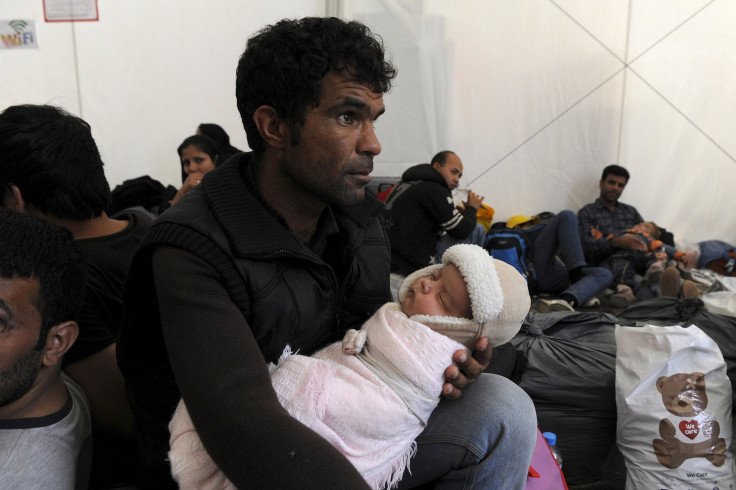Progress In Syria Talks Can Help Ease Refugee Crisis, UN Says

VALLETTA, Malta (Reuters) -- Progress toward negotiations in Syria offers a glimmer of hope for easing the refugee crisis sweeping into Europe, a senior U.N. official said on Wednesday as diplomats prepared for talks later in the week.
"It is moving," Deputy Secretary-General Jan Eliasson told Reuters. "It would be great if we could make progress now, especially at this time of crisis on the refugee front."
Speaking on Malta on the sidelines of a summit on migration between European and African leaders, he cautioned against over-optimism about recent discussions of renewed peace moves involving Russia and the United States as well as regional powers Saudi Arabia, Iran and Turkey.
While the Syrian conflict has driven millions from their homes and fueled this year's surge of hundreds of thousands of people arriving in Europe, it was only one facet of a global phenomenon of migration that, Eliasson said, governments should try to embrace as a long-term opportunity for development.
"It's going to be a feature on the international agenda for some time to come," he said. "The question is, is it going to be a problem-oriented narrative or is there going to be a challenge and a potential that we recognize in this. We probably have to recognize both but it's important we recognize the potential."
"In an age of globalization, of course every country is a part of the world but increasingly the world is also part of our countries," he said, adding: "There are no doubt great difficulties in terms of handling this."
Countries faced problems for health and education systems, employment and social strains from immigration, he acknowledged, while urging governments to avoid the temptation to fund emergency help for refugees by cutting long-term development aid that can ease some of the causes of migration.
"But you should also see this from the longer perspective of demographics in Europe," he said, noting a need for carers for the continent's ageing population and adding that Africa could use more remittances from expatriate workers - which already contribute more to its economy than official development aid.
Comparing migration with other challenges for humanity such as climate change, he said: "In today's complex, globalized world, the good international solution is in each nation's national interest."
(Reporting by Alastair Macdonald; Editing by Lisa Shumaker)
© Copyright Thomson Reuters 2024. All rights reserved.







